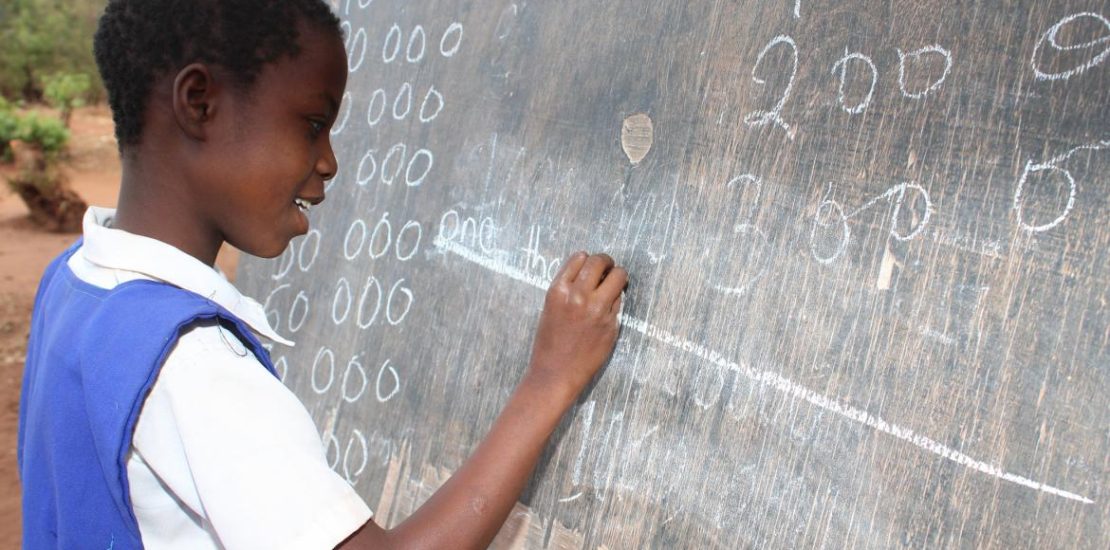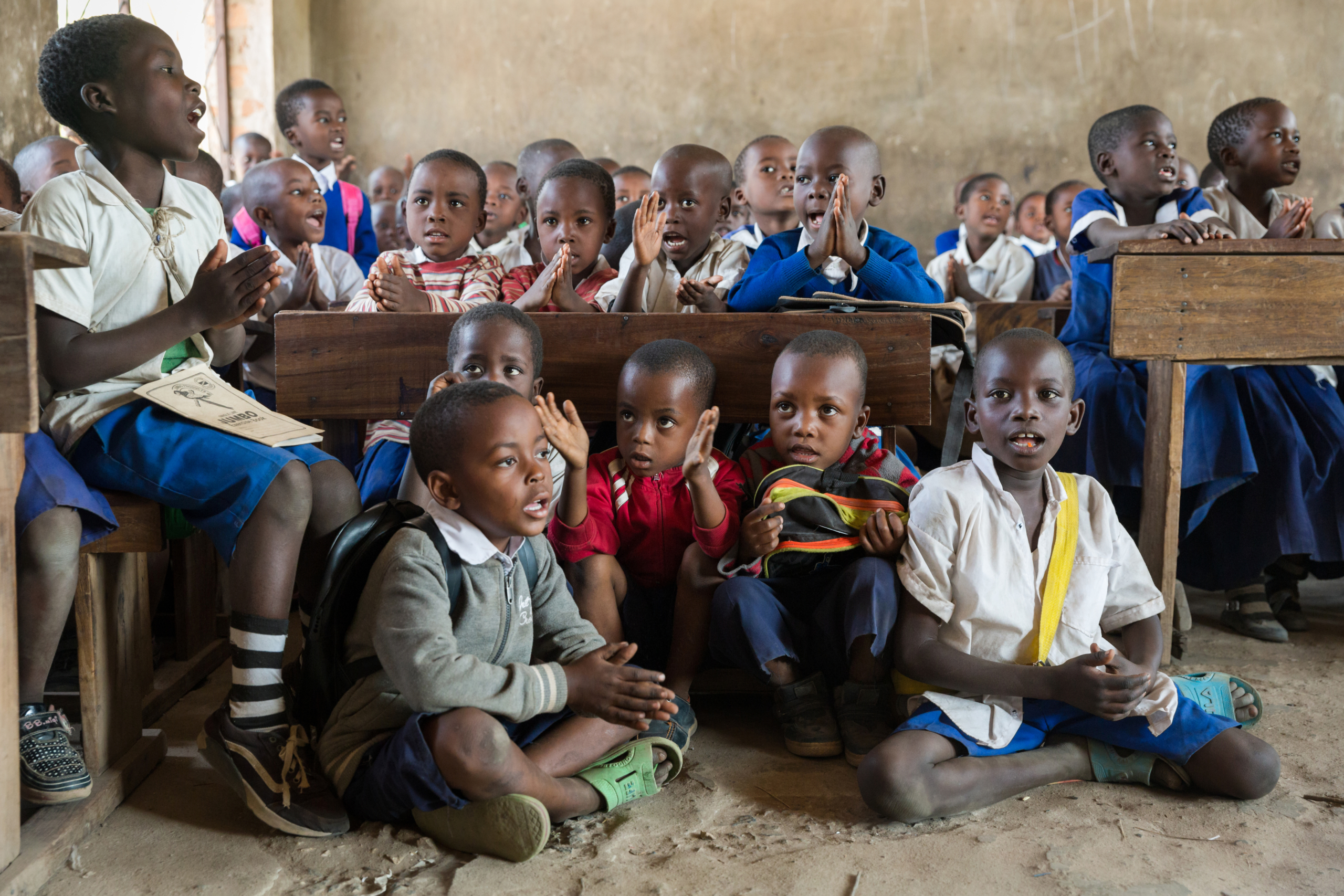International Day of Charity: Erasing Poverty through Education
- September 5, 2024
- Posted by: Hub Admin
- Categories: Economic Development, Latest News & Events, Poverty Eradication

By Pamela Udejimba & Ogechukwu Emodi
It is often said that education is more than just acquiring knowledge. As Nelson Mandela famously put it, “Education is the most powerful weapon which you can use to change the world.” This statement reflects the impact education has, not only on individuals but on society as a whole.
The International Day of Charity, celebrated annually on September 5th, was established by the United Nations in 2012 to highlight the significant role of charity in addressing humanitarian crises and alleviating poverty. The date was chosen to honour the memory of Mother Teresa, whose life’s work epitomised compassion and service to the poor, sick, and needy. This year’s theme, “Erasing Poverty through Education,” focuses on the transformative power of education as a tool to break the cycle of poverty, thereby promoting sustainable development and social justice.
Education provides people with the tools they need to improve their lives. With education, individuals gain skills that lead to better job opportunities, helping them and their families rise above poverty. Educated people also tend to make better decisions for their health and well-being, contributing positively to their communities. They have more access to information, often have better job prospects, and enjoy stronger social networks. Furthermore, a more educated populace contributes to a skilled workforce, which in turn drives economic growth and fosters innovation.
Globally, the link between education and poverty is clear. In areas where access to education is limited, poverty tends to be widespread, making it difficult for families to improve their situations. On the flip side, when education is widely available and of good quality, it can reduce inequality and help build a more just and prosperous society. This is especially true for developing countries like Nigeria, where many vulnerable populations struggle to access education, widening the gap between the rich and poor.

In Nigeria, the connection between education and poverty is striking. With over 46% of the population living below the poverty line as of 2023, the country faces major hurdles in providing quality education, especially in rural and marginalised areas. Nigeria also has the highest number of out-of-school children in the world, a statistic that shows the urgent need for action. Without education, many Nigerians are trapped in poverty, unable to gain the skills needed for better-paying jobs or contribute to their communities in meaningful ways.
Addressing this problem requires a broad approach, involving not just the government but also NGOs, communities, and international partners. Nigeria has taken several steps to improve access to education and tackle poverty. For example, the Universal Basic Education (UBE) Act guarantees free and compulsory education for all children. The National Poverty Reduction with Growth Strategy (NPRGS) also aims to reduce poverty through economic growth, social protection, and human development.
There are also programmes like the Basic Education Service Delivery for All (BESDA), which focuses on getting out-of-school children back into classrooms. Meanwhile, state governments have their own initiatives tailored to local needs, while NGO and community-led efforts work to fill the gaps left by the government. However, despite these efforts, there remains a significant challenge in ensuring that these policies and programs are properly implemented.
For these initiatives to succeed, effective implementation, adequate funding, and strong collaboration between the government, private sector, NGOs, and the international community are critical. Everyone has a role to play in creating an environment where every child can access quality education, regardless of their socio-economic background.
As we mark the International Day of Charity, let us renew our commitment to fighting poverty through education, knowing that a more educated world is a more equitable and peaceful one.
Featured image: Global Partnership for Education
Reference:
Fakoyejo, Olalekan. “World Bank: Number of Poor Nigerians Increased by 24m between 2018 and 2023.” TheCable, 14 Dec. 2023, https://www.thecable.ng/world-bank-number-of-poor-nigerians-increased-by-24m-between-2018-and-2023/
UNESCO. “Nigeria Has More Children out of School than Any Other Country. Why?” World Education Blog, 2 Sept. 2022, https://world-education-blog.org/2022/09/02/nigeria-has-more-children-out-of-school-than-any-other-country-why/
